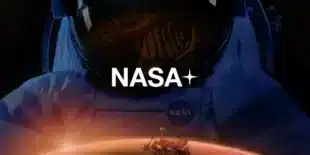Archaeologists have made an extraordinary discovery of the world’s oldest known alphabetic writing, which was found etched on small, finger-length clay cylinders during an excavation of a tomb in Syria. The writing, dating back to around 2400 BC, was analyzed by researchers from Johns Hopkins University.
The discovery was revealed at the American Society of Overseas Research’s annual meeting, where archaeologist Glenn Schwartz, who led the excavation, highlighted the significance of the find. Schwartz emphasized that alphabetic writing had a profound impact on society by making communication more accessible, not just to the elite and royalty, but to a broader range of people.
Experts believe that alphabetic writing revolutionized language by enabling more people to participate in written communication. Schwartz noted that this new form of writing changed how people lived, thought, and interacted with each other. The discovery suggests that humans began experimenting with new forms of communication much earlier and in a different region than previously thought.
The alphabetic writing was found on lightly baked clay cylinders, which also contained small perforations that could have been tied to another object, possibly detailing the contents, origin, or ownership of a vessel. However, without a way to translate the writing, scholars can only make educated guesses about its exact meaning.
Carbon dating was used to confirm that the tombs, artifacts, and the writing itself all date back to 2400 BC. This finding challenges previous beliefs, as scholars had previously assumed the alphabet originated around 1900 BC in Egypt. The discovery from Syria suggests that the origins of the alphabet may be far older and could have a completely different history than originally thought.


